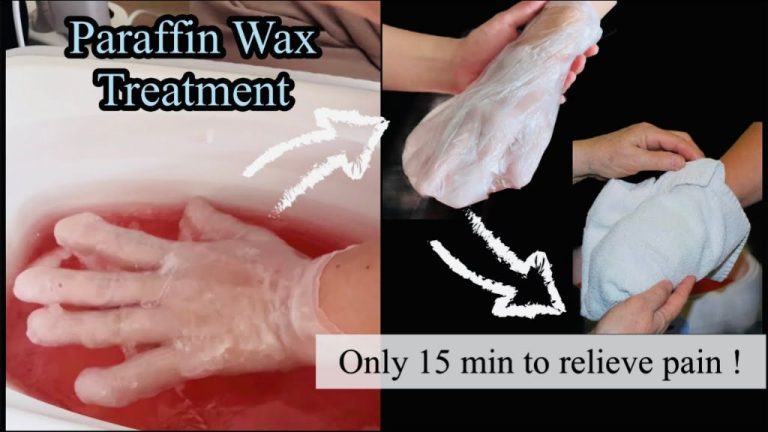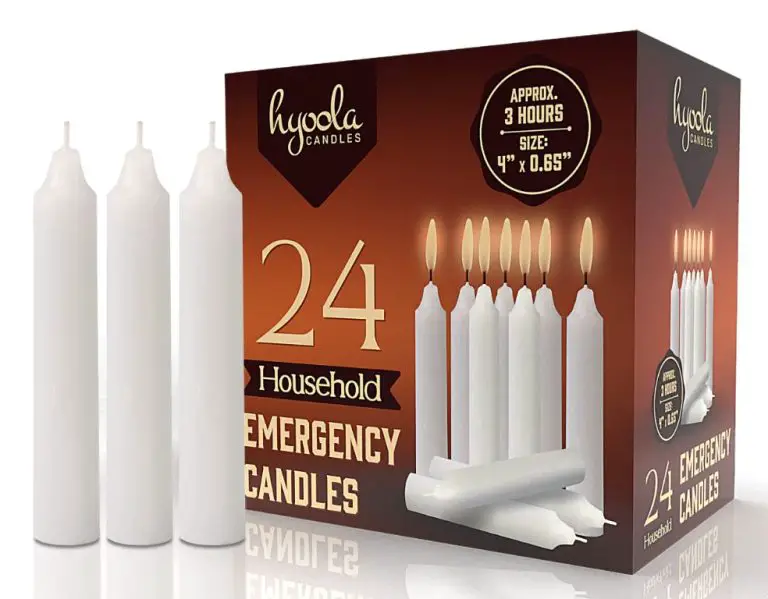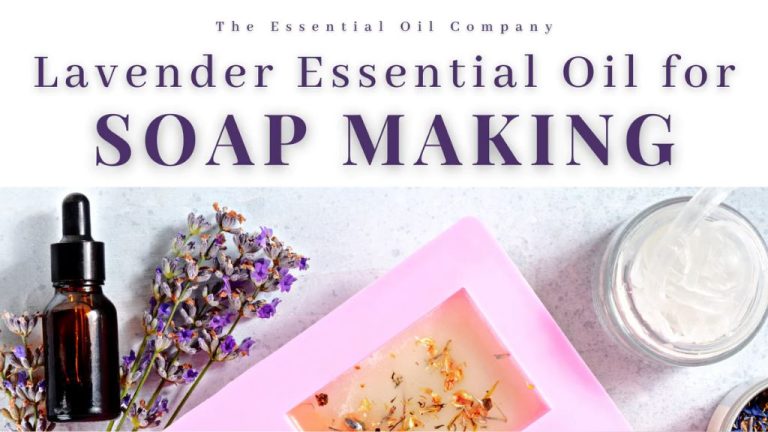What Is Peppermint Aroma Oil Good For?
What is Peppermint Aroma Oil?
Peppermint aroma oil, also known as peppermint essential oil, is extracted from the leaves of the peppermint plant (Mentha piperita). It contains concentrated aromatic compounds from the peppermint leaves, including menthol, menthone, and menthyl acetate which give it its distinct minty aroma and flavor.
To extract the oil, peppermint leaves are usually put through a steam distillation process where the plant material is placed in a distillation unit and steam is passed through it. The heat from the steam causes the aromatic compounds in the peppermint leaves to evaporate. These vapors are then cooled and condensed back into a liquid – the peppermint essential oil.
In addition to menthol, menthone and menthyl acetate, peppermint aroma oil contains other active compounds like limonene, caryophyllene, and pinene. Menthol is the most abundant compound making up to 50% of the oil. It has analgesic, cooling, and soothing properties that make peppermint oil beneficial.
The oil is clear in color with a strong, fresh minty scent. It has powerful aromatic properties and is frequently used for its invigorating and refreshing fragrance.
Benefits and Uses
Peppermint oil has a number of therapeutic benefits and uses. Some of the main ones include:
Stress and Anxiety Relief
Peppermint oil contains menthol, which can help relieve stress and anxiety. Studies show that inhaling peppermint oil can reduce anxiety levels and improve cognitive performance (source). The relaxing scent of peppermint oil triggers neurotransmitters in the brain associated with mood elevation.
Digestive Aid
Peppermint oil contains antispasmodic properties that can help soothe an upset stomach and digestive issues like IBS. It helps relax intestinal muscles to relieve gas, bloating, and abdominal discomfort (source). Peppermint oil capsules are often used to treat IBS.
Pain Relief

When applied topically, peppermint oil can help relieve tension headaches and migraine pain due to its cooling and numbing effects. It increases blood flow to the area and helps relax muscles. Diluted peppermint oil is also sometimes used to relieve joint or muscle aches.
Mental Alertness
Inhaling peppermint oil has been shown to improve memory, alertness and cognitive performance. The stimulating scent helps boost energy levels and concentration.
Skin Health
Peppermint oil contains antibacterial, antifungal and antiviral properties that make it useful for skin health. It can help relieve itchiness and irritation, and is sometimes added to skin creams or shampoos. Diluted peppermint oil can also help soothe sunburn or other skin inflammations.
Stress and Anxiety
Several studies have shown that peppermint aroma can help reduce stress and anxiety. Peppermint contains menthol, which is thought to have a relaxing effect by activating the “cold” receptors in the skin. This triggers a neurochemical response that calms the nerves and relaxes muscle tension (1).
One study found that inhaling peppermint aroma before driving can decrease feelings of anxiety, fatigue, and frustration (2). Another study showed that it can reduce anxiety before medical procedures. Patients inhaling peppermint aroma during IV cannulation experienced less anxiety and pain compared to a control group (3).
To use peppermint oil for stress and anxiety:
- Add 2-3 drops of peppermint essential oil to a diffuser and inhale the aroma for 30 minutes.
- Dilute 2-4 drops in a carrier oil like coconut or jojoba oil and massage into temples, wrists, and back of neck.
- Place a few drops on a tissue and inhale periodically throughout the day.
Start with small amounts and increase slowly. Use 100% pure peppermint essential oil and avoid getting it near the eyes or nostrils.
Peppermint aroma may help provide temporary relief for anxiety symptoms. However, talk to a doctor if anxiety is severe or interfering with daily life.
Digestive Aid
Peppermint oil can be an effective digestive aid. It helps alleviate symptoms like nausea, gas, and bloating. According to one study, peppermint oil capsules taken twice daily reduced the severity of nausea in people undergoing chemotherapy for cancer treatment (https://www.ncbi.nlm.nih.gov/pmc/articles/PMC5814329/).
Peppermint oil is thought to work by relaxing the smooth muscles in the digestive tract. This helps relieve pain, bloating, and cramping. Multiple studies have shown peppermint oil capsules to be effective for treating irritable bowel syndrome (IBS) symptoms like abdominal pain and bloating (https://www.webmd.com/a-to-z-guides/peppermint-oil-uses-benefits-effects).
To use peppermint oil for digestive issues, most experts recommend taking enteric-coated capsules that will release the oil lower in the digestive tract. The usual dosage is 0.2-0.4 ml of oil taken 2-3 times per day between meals. Peppermint oil capsules should not be taken by children. As with any supplement, check with your doctor before using peppermint oil, especially if you have any medical conditions.
Pain Relief
Peppermint oil has been shown to help relieve pain from headaches, muscle aches, and joint pain when applied topically.
The active ingredient menthol in peppermint oil produces a cooling sensation by stimulating cold receptors in the skin. This helps to reduce pain perception in the area. Menthol also has analgesic and anti-inflammatory properties that can help relieve pain.
Multiple studies have found peppermint oil to be effective for tension headaches when applied to the forehead and temples. One study showed a reduction in headache intensity of over 60% in the peppermint oil group compared to placebo (https://www.healthline.com/health/benefits-of-peppermint-oil).
For muscle pain, one study found that peppermint oil was more effective than placebo at reducing pain when applied topically to the calf muscles (https://www.nccih.nih.gov/health/peppermint-oil). Evidence also suggests it may relieve pain associated with fibromyalgia when applied to the skin.
More research is needed, but there is some early evidence that peppermint oil helps reduce osteoarthritis pain when applied topically. One study found a 50% reduction in knee pain after applying peppermint oil 4 times per day for 2 weeks (https://www.healthline.com/health/benefits-of-peppermint-oil).
Mental Alertness
Studies show that peppermint aroma can help improve focus and concentration. One study found that inhaling peppermint essential oil increased alertness and made people feel more awake (Source). The aroma of peppermint is thought to stimulate areas in the brain that control alertness and arousal. One theory is that it helps open up airways, allowing more oxygen into the lungs and bloodstream which provides an energizing effect (Source).
Some studies show peppermint may have positive effects on brain activity. One study found peppermint odor administered to healthy volunteers changed their brainwave patterns in ways that are associated with increased alertness (Source). More research is still needed to fully understand how peppermint affects the brain.
To use peppermint oil for mental alertness, add a few drops to a diffuser or inhale directly from the bottle. You can also dilute a few drops in a carrier oil and apply topically to the temples and back of neck. Just be sure not to overdo it as too much can cause headaches. Start with small amounts and adjust as needed.
Skin Health
Peppermint essential oil contains menthol and menthone, which give it antimicrobial properties that can benefit skin health (1). Research shows peppermint oil has antibacterial effects against some strains of bacteria like Staphylococcus aureus that can cause skin infections (2).
Peppermint oil is also known for its soothing and cooling properties that can help reduce irritation and inflammation of the skin. When diluted and applied topically, peppermint oil may help relieve symptoms of certain skin conditions like dermatitis and eczema (3).
It’s important to dilute peppermint oil before putting it on your skin. Try mixing 3-5 drops of peppermint essential oil with 1 teaspoon of carrier oil like coconut oil or jojoba oil. Do a patch test first before wider application. Avoid contact with eyes and other mucous membranes. Speak to your doctor before using if pregnant, nursing, or have a medical condition.
(1) https://www.healthline.com/health/benefits-of-peppermint-oil
(2) https://curology.com/blog/peppermint-oil-for-skin-the-benefits-and-risks/
(3) https://juicychemistry.com/blogs/skincare-blog/peppermint-oil-for-skin-benefits-and-how-to-use
Other Potential Uses
Peppermint oil has also been studied for other potential benefits:
Hair Growth
One study found that peppermint oil applied topically could help increase hair growth. The oil is thought to stimulate blood flow to the area where it is applied.[1]
Asthma
Some research indicates peppermint oil may help open airways in people with asthma. Inhaling diffused peppermint oil may provide temporary relief for asthma symptoms.[2]
Bad Breath
The antibacterial effects of peppermint oil may help freshen breath. One study found that peppermint oil was more effective than chlorhexidine mouthwash at reducing bad breath.[3]
Cancer Prevention
Early research indicates that peppermint oil may have chemopreventive effects, meaning it may help prevent or slow the growth of certain cancers.
How to Use Peppermint Oil
Peppermint oil is very potent, so it should always be diluted before use. Here are some of the main ways to use peppermint oil safely and effectively:
Dilution
Peppermint oil should always be diluted with a carrier oil like coconut oil or olive oil. For adults, a 3-5% dilution is recommended. This equals 3-5 drops of peppermint oil per teaspoon (about 5mL) of carrier oil. For children, use a 0.5-1% dilution instead. Apply diluted oil to the skin or add it to bath water.
Ingestion
Ingesting peppermint oil is not recommended, as it can be toxic in excessive amounts. According to the National Capital Poison Center, ingesting small amounts like a drop or two is generally not harmful, but consuming larger amounts can lead to side effects.
Inhalation
Breathe in peppermint oil by putting 2-3 drops in a diffuser. You can also dilute a few drops in water and inhale the steam. Do not exceed 30 minutes of inhalation at a time.
Topical
When applying peppermint oil to the skin, always dilute first and use sparingly. Recommended dosages are 1-2 drops per application. Test on a small area first to check for reactions. Avoid contact with eyes and sensitive areas.
Safety
When used properly, peppermint oil is generally safe. But be cautious with oral ingestion and inhalation. Keep diluted solutions away from children and pets. And discontinue use if any irritation occurs.
Bottom Line
Peppermint essential oil has been shown to provide many health benefits, from relieving stress and digestive issues to enhancing mental alertness and skin health. Some of the key advantages of peppermint oil include:
- Alleviating stress, anxiety and fatigue
- Easing stomach upset, cramping and irritable bowel syndrome
- Relaxing muscle spasms and tension headaches
- Improving focus, memory and mental clarity
- Clearing nasal and respiratory congestion
- Sooting skin irritation, itchiness and sunburn
When buying peppermint oil, choose a high quality, pure therapeutic grade oil. Avoid oils that are diluted or blended with synthetic ingredients. The oil should be derived from the peppermint plant species Mentha piperita. Reputable brands will indicate the plant species and provide a GC/MS report of analysis.
Use peppermint oil aromatically, topically, or internally depending on your needs. Always dilute with a carrier oil before applying to skin. Follow dosage guidelines and discontinue use if any adverse reactions occur. Peppermint oil is versatile and can enhance health and wellbeing in numerous ways.






